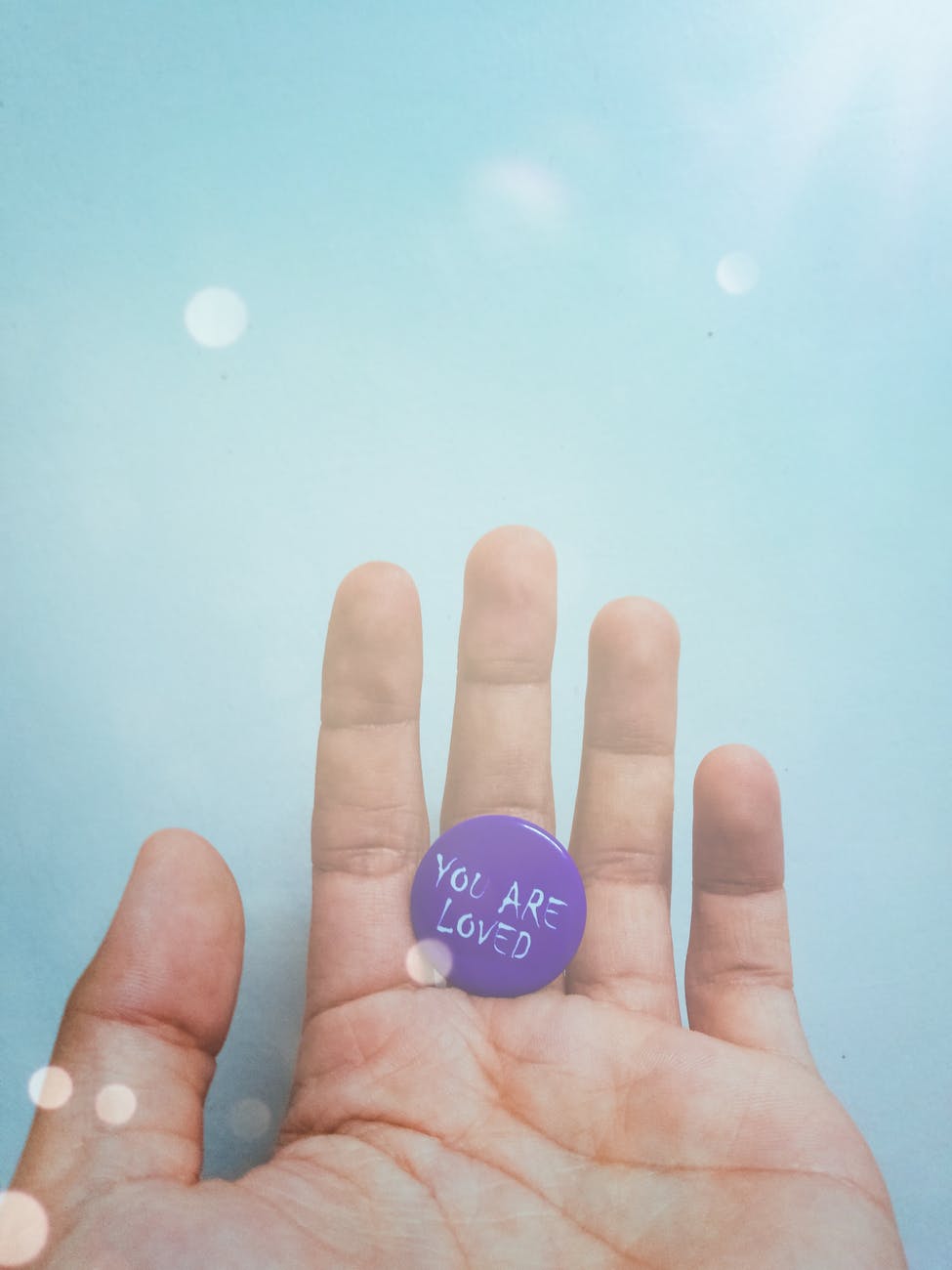Today is the first day of the Hebrew month of Elul. Traditionally, this is a month of introspection and reflection as we prepare ourselves for the Yamim Noraim – the Days of Awe, as the High Holy Days are often called in Hebrew.
As we will not be able to gather in the way we are accustomed to for the holidays this year, it may be particularly helpful for us to see the Yamim Noraim as part of a larger arc. Rosh Hashanah and Yom Kippur are important moments, but they are part of a longer process of teshuva that begins with Rosh Chodesh Elul and concludes with Simchat Torah.
In the weeks ahead, I will be offering readings, reflections, and guiding questions to consider throughout these days of returning – a roadmap to teshuva.
The period from Rosh Chodesh Elul through Yom Kippur is said to be a time of divine favor – when the gates of teshuva are open to us more than they might be at other times of year and when our earnest requests for forgiveness are most likely to be granted.
There is a tradition that the name of the month Elul is an acronym, with the four letters of the Hebrew word אֱלוּל standing in for the verse from Shir HaShirim:
אֲנִי לְדוֹדִי וְדוֹדִי לִי
Ani l’dodi v’dodi li – I am my beloved’s and my beloved is mine.
The time of Elul can thus be understood as a time of divine love, as we and God draw closer to one another. God offers offers love and compassion, and we seek to repair our loving relationship with God through the process of teshuva.
Let us begin this journey together with an awareness and appreciation for the love and compassion we receive, and extend that same love to others in turn.
Chodesh tov and Shabbat Shalom.
